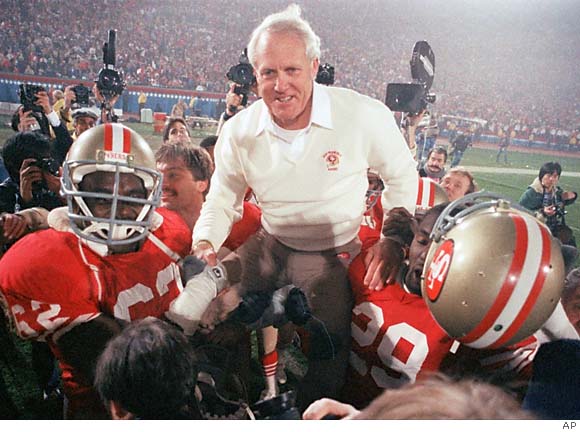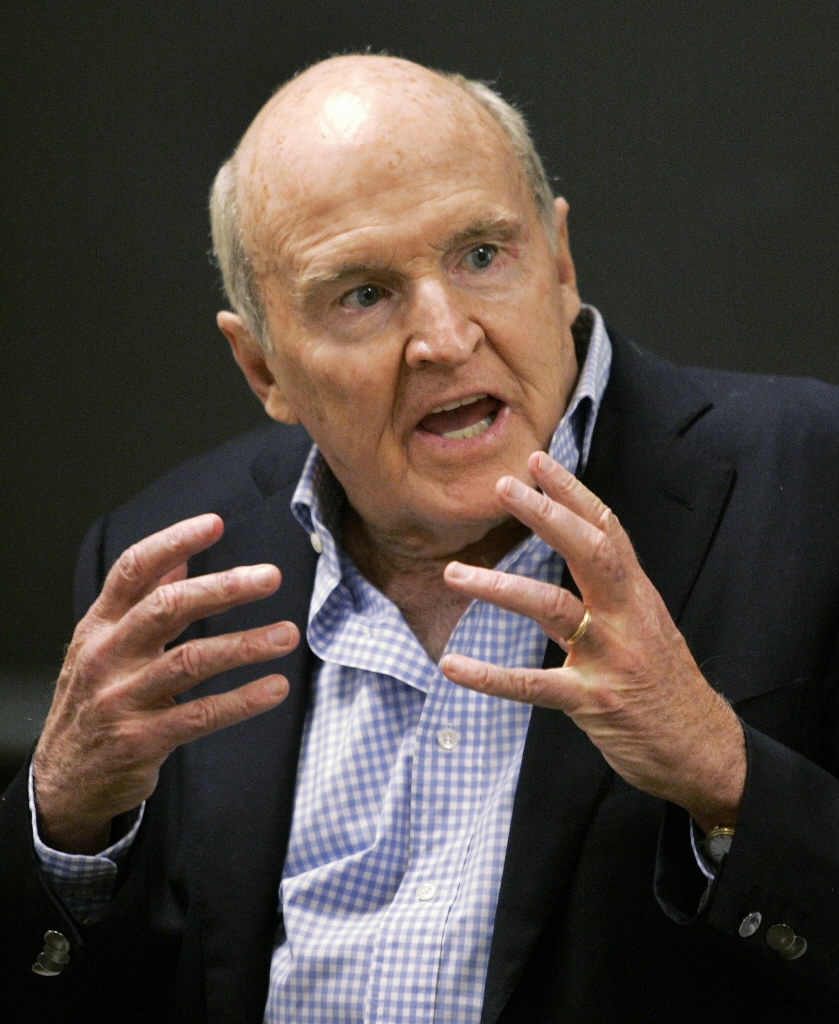by Lisa Gschwandtner
If there’s one thing Sir Richard Branson understands, it’s the pressure of conveying a clear message (either in meetings, public statements, or speeches) without sounding negative. According to his book, The Virgin Way: Everything I Know about Leadership, here are five words and phrases he tries to avoid in team meetings and speeches.
1) “That’s not a bad idea.”
If this is your response to an idea, your team won’t be clear on whether you love the idea or hate it. “Not bad” could mean you actually kind of like the idea. On the other hand, you didn’t specifically say you love the idea. Don’t leave your audience confused.
“Be definitive,” writes Branson. “If you approve or disapprove of something, be assertive and make your position absolutely clear, making sure you explain why.”
2) “You’re not going to like this, but …”
This phrase sets up your listeners to hear something negative. As a leader, it’s your job to inspire people and instill them with positive feelings – even if what you’re about to share might upset or frighten them. Branson suggests instead saying something like, “This may be a tough nut to crack, but I’m sure we’ll get it done.”
3) “We’ve had better years.”
Sales leaders are often asked to provide some kind of public commentary on results for the month, quarter, or year, but Branson views the above phrase as a cop out. “People want the truth, not some sugarcoated version of it,” he writes. Admit the reality of your situation and follow up with an honest assessment of how you plan to achieve better results in the future.
4) “That said…”
Branson considers this to be “possibly one of the most destructive phrases in the English language.” When people hear these words, you invalidate anything you said just a minute ago. This can create great resentment among your listeners. “As a verbal bridge from the pros to the cons, try using something like, ‘Of course, we shouldn’t overlook…’” writes Branson.
5) “No comment.”
Branson understands that sometimes leaders aren’t at liberty to discuss sensitive information, but he dislikes this classic approach to discretion. “A stark ‘no comment’ tends to come across like, ‘We’re guilty as hell and don’t want to talk about it until our lawyers have come up with a plausible alibi,’” writes Branson.
Instead, he suggests saying something like, ‘I’m really sorry, but until we gather all the facts, we are not in a position to issue a statement.’
What are some of the key phrases and words you’ve learned to avoid during speeches, meetings, and presentations? Share your thoughts in the comments section.
For more leadership insight from Richard Branson check out his book, The Virgin Way: Everything I Know about Leadership.



 Muriel Siebert established her legacy as a trailblazer when she became the first woman to own a seat on the New York Stock Exchange on December 28, 1967. At the time, her historic application caused an uproar. No woman had ever had a seat on the Exchange before. Facing ridicule and steep opposition, Siebert got rejections from nine men before she finally found someone to sponsor her.
Muriel Siebert established her legacy as a trailblazer when she became the first woman to own a seat on the New York Stock Exchange on December 28, 1967. At the time, her historic application caused an uproar. No woman had ever had a seat on the Exchange before. Facing ridicule and steep opposition, Siebert got rejections from nine men before she finally found someone to sponsor her.
 Find effective strategies. Vision is great, but if you cannot find a way to connect to it from the current reality, it’s useless. One leader who has been able to bring the imaginary to the realm of reality is football legend Bill Walsh. The legendary coach led his teams to amazing NFC division championships and NFC titles and earned a spot in the NFL Football Hall of Fame. One of his many strengths was as an offensive coach, constantly reading the field and creating strategies that would maximize his players’ skills and exploit the weaknesses of their opponents.
Find effective strategies. Vision is great, but if you cannot find a way to connect to it from the current reality, it’s useless. One leader who has been able to bring the imaginary to the realm of reality is football legend Bill Walsh. The legendary coach led his teams to amazing NFC division championships and NFC titles and earned a spot in the NFL Football Hall of Fame. One of his many strengths was as an offensive coach, constantly reading the field and creating strategies that would maximize his players’ skills and exploit the weaknesses of their opponents. Be a great communicator. The key to communicating is connecting with the audience. Former President Ronald Reagan was so well known for his ability to reach the American people that he earned the nickname, “The Great Communicator.” He didn’t use fancy language or rhetoric to win people over; in fact, it was the very simplicity of his style, coupled with his humor, which made him so popular. A senior leader’s job is to communicate corporate goals to employees and motivate them to achieve those goals.
Be a great communicator. The key to communicating is connecting with the audience. Former President Ronald Reagan was so well known for his ability to reach the American people that he earned the nickname, “The Great Communicator.” He didn’t use fancy language or rhetoric to win people over; in fact, it was the very simplicity of his style, coupled with his humor, which made him so popular. A senior leader’s job is to communicate corporate goals to employees and motivate them to achieve those goals. Listen. Sharing information is one skill; collecting information is another, equally valuable skill. And the queen of listening very well may be Meg Whitman, who is known for her humility and passion for listening to both her customers and employees.
Listen. Sharing information is one skill; collecting information is another, equally valuable skill. And the queen of listening very well may be Meg Whitman, who is known for her humility and passion for listening to both her customers and employees. Be inspirational. If there is one skill that can make up for a multitude of sins in other areas, it just might be the ability to inspire. People want to be a part of something great, something larger than themselves. Just ask business legend, former General Electric CEO Jack Welch. Known for his passion, commitment, and sense of fun, Welch led by example and took pride in his ability to develop his people. He regularly rewarded the highest performers (and cut the bottom feeders), thereby encouraging workers to make it to the top. “Giving people self-confidence is by far the most important thing that I can do. Because then they will act,” Welch has said.
Be inspirational. If there is one skill that can make up for a multitude of sins in other areas, it just might be the ability to inspire. People want to be a part of something great, something larger than themselves. Just ask business legend, former General Electric CEO Jack Welch. Known for his passion, commitment, and sense of fun, Welch led by example and took pride in his ability to develop his people. He regularly rewarded the highest performers (and cut the bottom feeders), thereby encouraging workers to make it to the top. “Giving people self-confidence is by far the most important thing that I can do. Because then they will act,” Welch has said. A lot of sales leaders let old myths about hiring get in the way of finding superstar candidates.
A lot of sales leaders let old myths about hiring get in the way of finding superstar candidates.